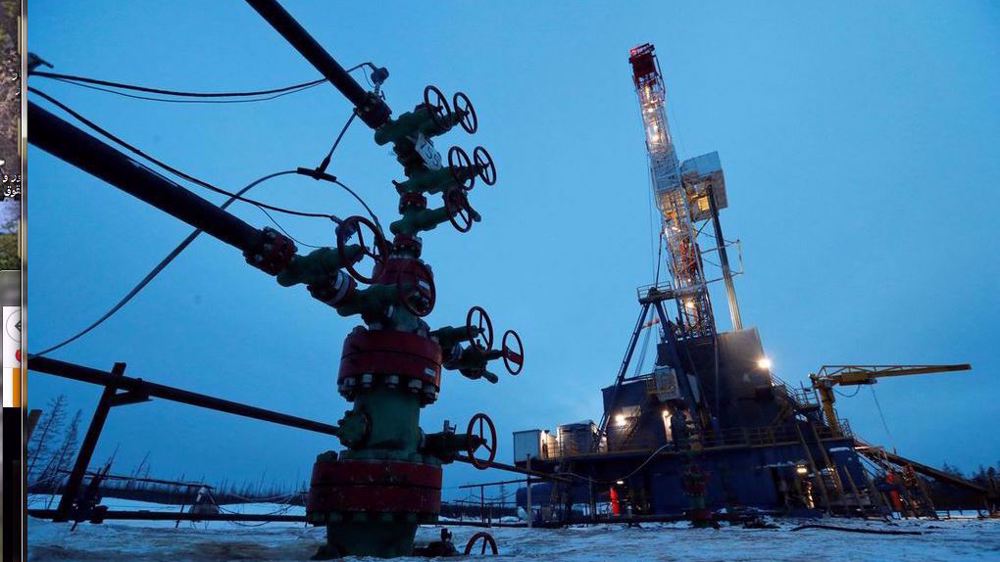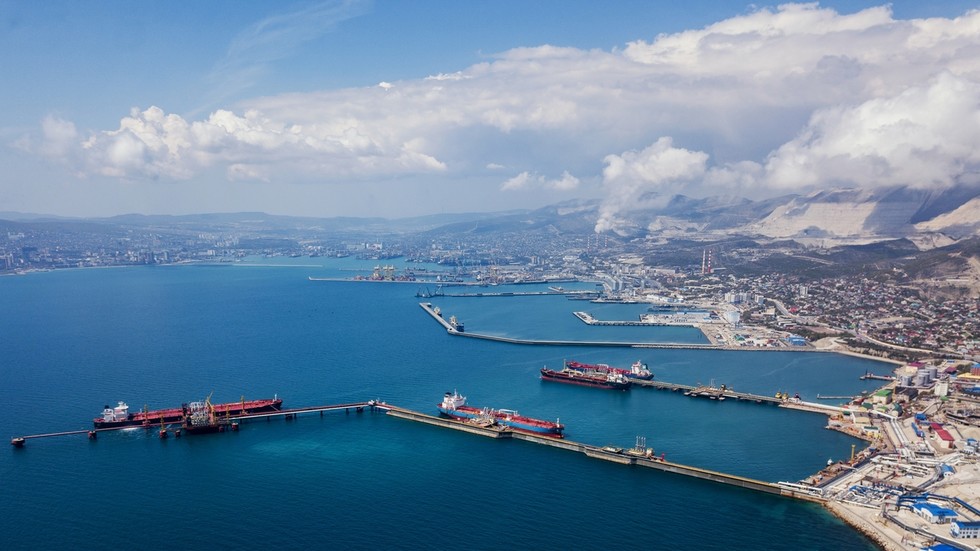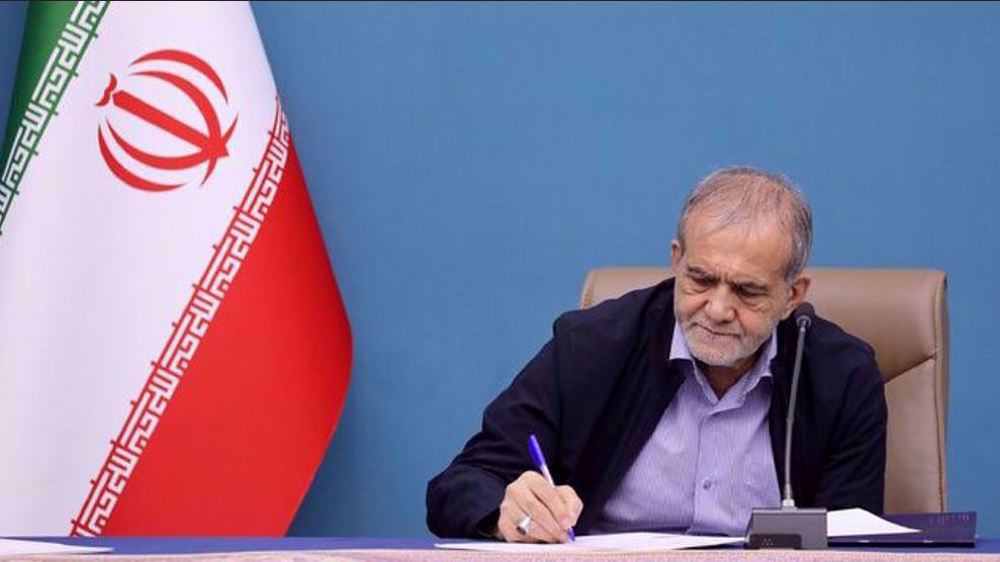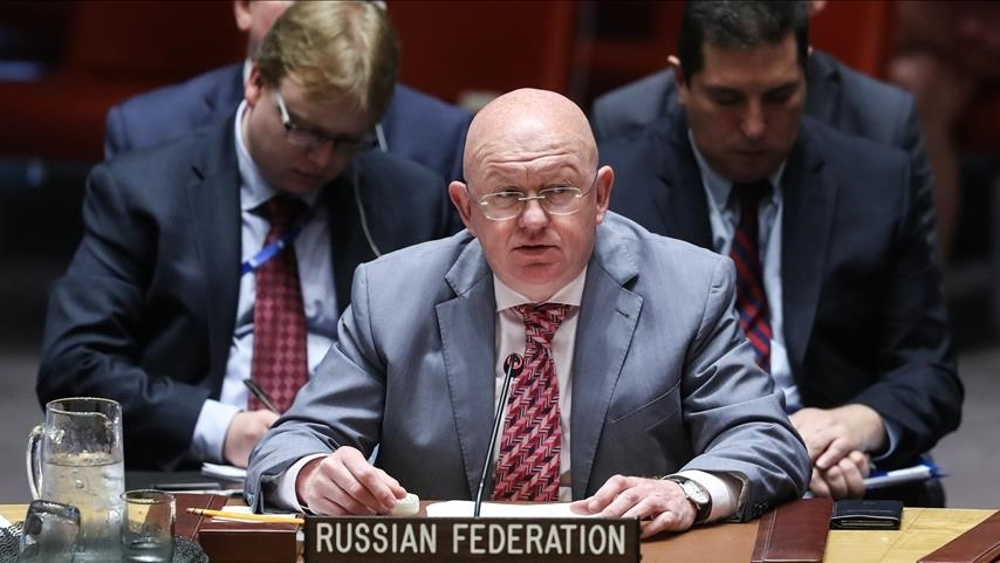Sanctions won’t stop Pakistan from buying Russian oil, says Pakistani minister
Pakistan has said that the US-led sanctions targeting Russia over the Ukraine war will not stop Islamabad from purchasing oil from Russia.
In an interview with RT on Friday, Pakistani Oil Minister Musadik Malik said his government is set to start importing crude oil from Russia in March, following the yearly intergovernmental commission held between Moscow and Islamabad.
Malik explained that many countries had already come up with some sort of mechanism for importing Russian oil that has been working for them and there were no concerns about possible repercussions.
“I don’t see any problems, we’re not violating anything, we’re not doing anything completely new, which the world hasn’t done,” Malik said, referring to the oil imports by European countries.
“Europe is taking energy from Russia, and if you look at the quantum of energy that Europe is taking right now from Russia and compare it with even what Pakistan in times to come may take, it’s not even going to be a small fraction,” he said.
“We haven’t seen any sanctions, anything happening to those transactions. So, we would try to follow suit,” Malik explained.
The United States and its allies have imposed a slew of economic sanctions, which include purchasing Russian oil and gas, against Russia over the country’s war with Ukraine.
The minister’s remarks came in the wake of talks between Russian and Pakistani authorities this week. Malik said the talks were aimed at strengthening their bilateral trade and energy cooperation, adding that Islamabad intends to buy crude oil, gasoline, and diesel from Moscow at discounted rates due to the Western sanctions imposed on the Kremlin.
In the meantime, as the US and its allies tried to choke off Moscow’s energy revenues, Russia attempted to cut its oil and gas delivery to customers in Europe to provide the energy to its new customers from across Asia instead.
Reuters reported this week that China, the world’s top oil importer, has continued buying Russian oil despite Western sanctions.
At least four Chinese-owned supertankers were shipping Russian Urals crude to China, Reuters reported, adding, a fifth supertanker, or very large crude carrier (VLCC), was shipping crude to India, another top oil importer, which like China has continued buying Russian oil sold at a discount price.
Earlier, Indian foreign minister Subrahmanyam Jaishankar said New Delhi will continue to buy Russian oil as it benefits the country.
“Russia has been a steady and time-tested partner. Any objective evaluation of our relationship over many decades would confirm that it has actually served both our countries very, very well,” Jaishankar said in a joint news conference with Russian counterpart Sergei Lavrov in Moscow in November.
“As the world’s third-largest consumer of oil and gas, a consumer where the levels of income are not very high, it is our fundamental obligation to ensure that the Indian consumer has the best possible access on the most advantageous terms to international markets,” he added.
“We have seen that the India-Russia relationship has worked to [our] advantage. If it works to my advantage, I would like to keep that going,” the Indian foreign minister said.
India’s Union Minister of Petroleum and Natural Gas Hardeep Singh Puri said last year that “India consumes 5 million barrels a day, and it’s going up.”
“There has been a fair amount of misconception on energy buys from Russia. Typically what Europe buys in one afternoon is what we buy in a quarter,” he announced in October.
The Indian official assured that New Delhi will purchase the energy it needs from whoever it has to buy it from. “We are not told by anyone… there’s understanding.”
VIDEO | Iran eases the rules for exporting hand-woven carpets
VIDEO | Intl. Day for the Elimination of Violence against Women: A stark reminder of Gaza women
Australia denies ex-Israeli minister Shaked visa
VIDEO | 85% of Yemeni displaced people face daily hunger crisis
US House passes bill targeting charities and pro-Palestine groups
VIDEO | Supporting Gaza genocide
Hezbollah attacks Israeli forces after Lebanese homes blown up
World leaders, states hail ICC arrest warrants for Netanyahu, Gallant













 This makes it easy to access the Press TV website
This makes it easy to access the Press TV website